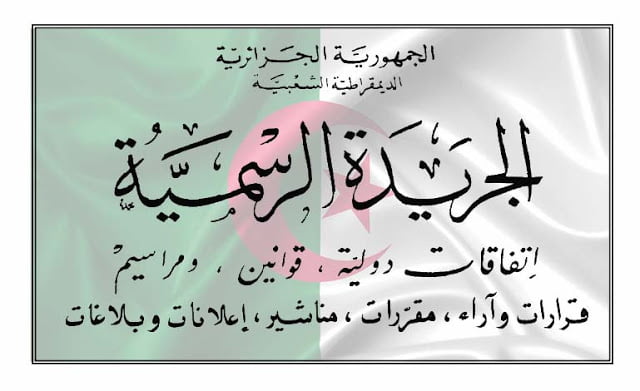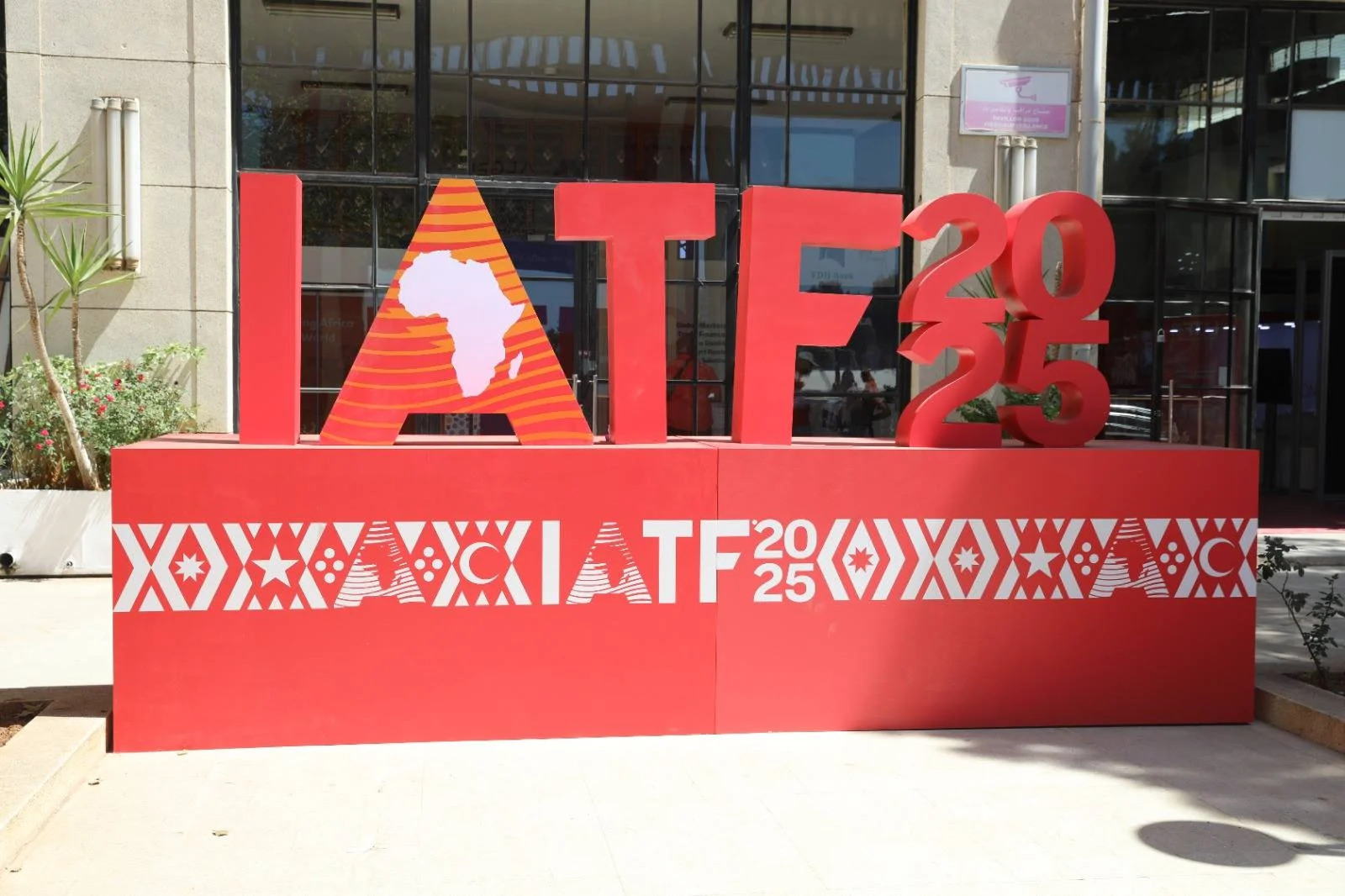| Discover Algeria | About us | Press area | Contact | ||||||||
|
-
Legal INVEST
Les derniers textes juridiques
View more
Les interviews By AlgeriaInvest
-
last interview New
-
All interviews
Last Interview
Newsletter
Subscribe to the economic newsletter
- Business Environment
- Agence Algérienne de promotion de l'inve...
- Fond National de l’Investissement "FNI"
- Conseil National de l’Investissement "CN...
- Direction Générale de la Promotion de l’...
- Directions de l’Industrie et des Mines d...
- Agence Nationale d’Intermédiation et de...
- Haute commission nationale des recours l...
- Business Opportunities
NEW OPPORTUNITIES
- News
NEW NEWS
- Our Services
-
July 12, 2022 | 3 years ago
Sharing
Salah Boulahia, tannery professional: “The leather industry suffers with dilettantism”

El Moudjahid: The collection of sheep and cattle skins during Aid is a breath of fresh air for tannery companies...
Salah Boulahia: The collection and processing of sheep and cattle skins is one of the oldest industries in the world...it is a crossroads of several sectors of activity, namely: industry, agriculture, trade, and environmental conservation. Each year, about 4 million animals are slaughtered, without the skins being recovered. Leather, in semi-finished products, is among the products exported by our country.
In the 1970s, ‘80s, and ‘90s the country's processed products were exported to international markets and were the pride of the Algerian economy. Where do they stand today?
Recovery and recycling are among the cultural practices that have almost disappeared among Algerian families... A whole strategy is needed that encompasses the whole process from collection to packaging, transport, and storage. Processing at the tannery level is the final step.
You say that we have only just realized the importance of this treasure which can run an entire industry with high export potential... How is that possible?
There is an urgent need for the restructuring of the leather sector, which is one of the sources of foreign exchange in the context of non-hydrocarbon exports. It is time to modernize the sector, to train the human resource.
I have a project, which has been at a standstill for more than 4 years, in the field of tanning bovine, ovine and caprine skins intended for the footwear, glove making or clothing industry in the context of leather production. I find myself blocked by local administrative red tapes... I have been able to export leather goods to Syria, Turkey, and Egypt while signing contracts with several Italian, Spanish, and Chinese groups that collaborate with major fashion brands. Through your newspaper, I call on the authorities to take measures in this context in order to boost exports and reduce the trade balance deficit.
What, concretely, must be done to preserve this sector of activity?
It is important not to limit the collection of skins to the period of Aid. Next, we must also think about conditioning the skins. ...
Algerian wool and leather are ranked second best in the world after Australia....
The international leather trade represents some 43 billion dollars, and Algeria’s share has become almost non-existent in the field! It is time to call on craftsmen and skilled human resources.
Sharing
Popular Articles






















